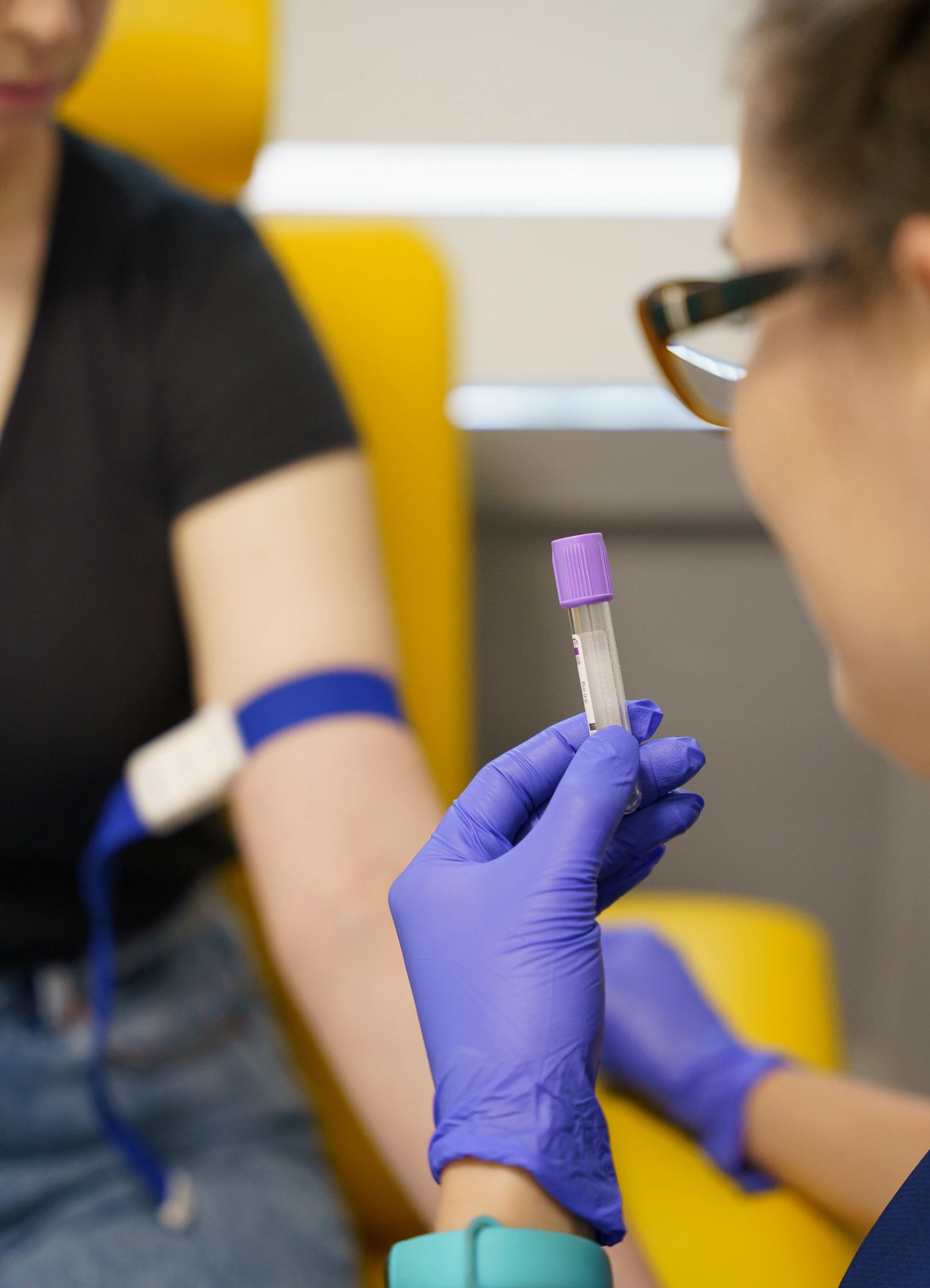Currently, biological treatment is mainly carried out in the so-called "drug programs" under the National Health Fund (free-of-charge for the patient, paid by the National Health Fund). Qualification for a drug program is very similar to the case of a clinical study (appropriately high disease severity and/or presence of complications, ineffectiveness of previous treatment, no severe infections). The difference is that in the biological treatment program, only biological drugs are administered that have already been approved... (see more)for treatment in a given disease entity and are available for sale.... (zobacz więcej)
Of course, in a clinical trial you can also be placed in a group in which a drug already approved for marketing is administered, but you can also receive a research drug that is currently in the testing phase or a placebo (a substance that does not affect health - e.g. saline or glucose solution ). All of this depends on the structure of the study. In most clinical studies, a patient who has received a placebo has the option of receiving the drug later in the study.Biological treatment programs currently treat various autoimmune diseases, not only inflammatory bowel diseases (ulcerative colitis and Crohn's disease) but also rheumatological and allergic diseases. Biological drugs are also used in oncology, hematology, cardiology, and dermatology. The only way to receive a drug under the biological treatment program is to apply to the National Health Fund (NFZ in Poland) facility conducting biological treatment and go through the qualification process.At the Melita Medical Center, we do not run biological treatment programs on the National Health Fund - in our facility, you can participate in clinical trials of new biologicals as well as "non-biological" drugs.Why are clinical studies conducted?
Each new substance that seems to have therapeutic potential is repeatedly tested in laboratory tests and animal studies. Only after passing all laboratory tests and documenting their results, and after obtaining approvals from the Bioethical Committees and offices exercising control over drugs on a national and/or global level, it is possible to start a phase I clinical study. .
A new form of treatment cannot be introduced, that is, registering a drug or admitting a new method of diagnosis or therapy, without a clinical study.



